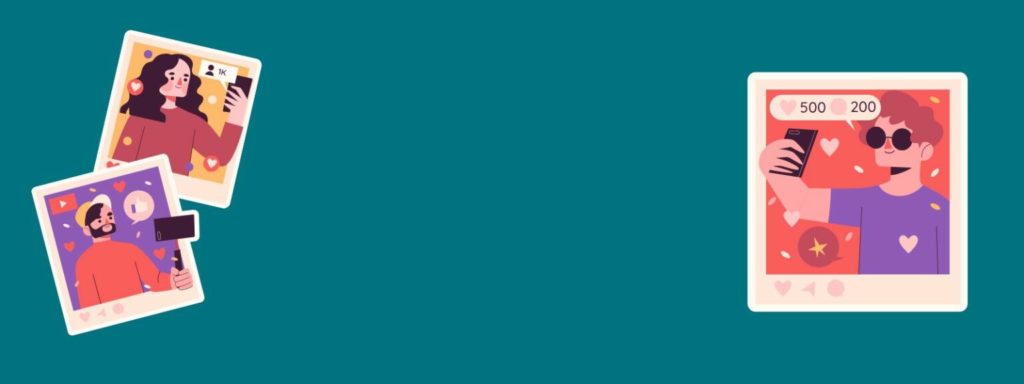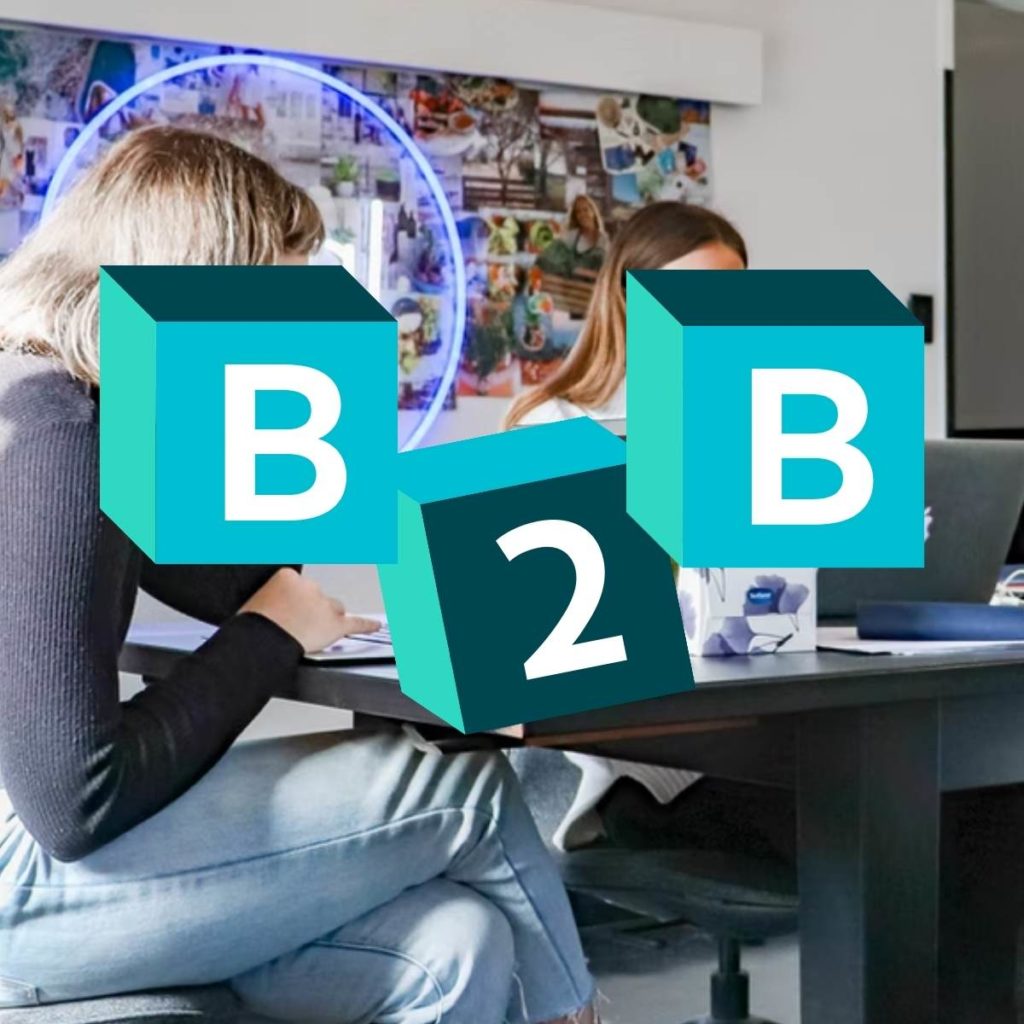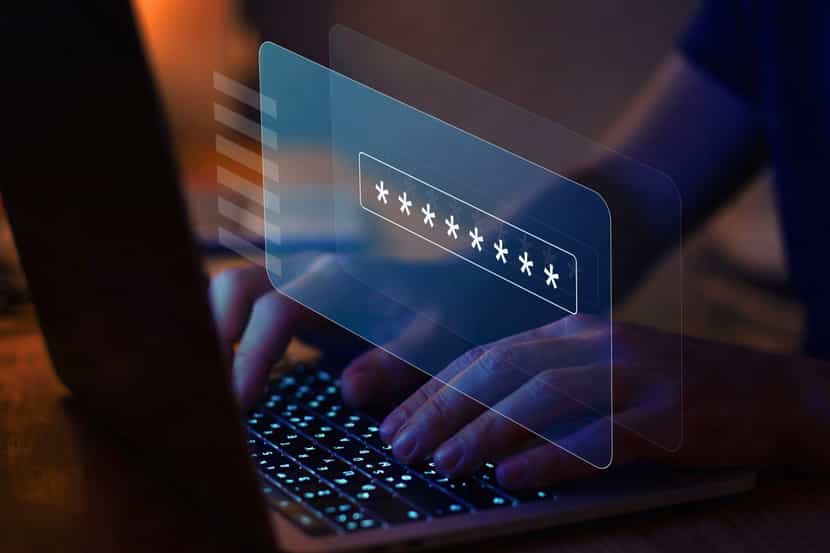With the development of social media, the growth of influencers has given rise to influence marketing. In this article, we will discuss this strategy from the perspective of B2B (business-to-business) and B2C (business-to-consumer) activities.

Influence marketing, is it "stonks"?
First of all, it is important to know that influence marketing is now used by 93% of marketing managers. In fact, 9 out of 10 marketers find influence marketing effective. This industry represents nearly $15 billion in late 2022, up from $12 billion in 2021. In addition to being constantly growing, this sector has a more than interesting ROI with an average revenue of $18 for every $1 invested, 11 times more than traditional advertising. Influencers have a real impact on consumption, with 8 out of 10 consumers making a purchase following an influencer recommendation. Here are some statistics showing that social media is truly a communication goldmine:

- Instagram : 80% of people use it to search for products or services
- YouTube : 90%% of internet users say they discover new brands and products thanks to YouTube
- TikTok : average engagement rate per post of 29%.
Influence marketing in B2C, yes!
It should be noted that in B2C, purchases are mainly based on the consumer’s emotions. Over time, social media has developed very competent and effective targeting algorithms. The effectiveness of these algorithms ensures a certain return on investment for a campaign based on influencers and social media. With B2C, you can get a good ROI quickly if you invest in the right influencers at the right time. Here are the 3 most effective networks for B2C currently, according to Hootsuite: Instagram, Facebook, and YouTube. TikTok is currently ranked 6th in this ranking, probably due to the youth of the network.

B2C influencers have a profile more or less representative of their community. Their flagship content is photos, live streams, or regular videos. According to a survey of marketers from different companies, influencers and celebrities are prioritized for B2C campaigns. For 71% of them, micro-influencers who target a specific community are the most interesting. Let’s keep in mind 2 interesting statistics: 61% of internet users interact with at least 1 influencer once a day, and the consultation of opinions on social media has increased on average by 45% since 2020.

And for B2B?
Contrary to B2C, B2B purchases are much more based on rationality and usefulness than emotion. In B2B, the status of a true expert is essential to hope to sell. The 3 most effective networks for B2B are LinkedIn, Facebook, and Twitter. A typical B2B influencer profile is a bit different from B2C: 25-45 years old with niche expertise on a subject and a community of 1k to 10K on average. For B2B campaigns, recognized journalists and bloggers are prioritized by marketers.
It is observed that 61% of B2B decision-makers start their consideration for a purchase on the internet and on a search engine. In addition, a decision-maker trusts an expert in the field more than a company, as he knows that the latter will implement digital marketing strategies to attract him. We can conclude that for a company, an influencer brings:
- up to 51% of its visibility
- up to 70% of its engagement
- up to 51% of the customer's trust gain for the company and its services
Overall, we observe that influencer marketing is just as relevant in B2C as in B2B...
However, it is important to adapt your strategy based on the target audience you want to reach. Influencer marketing is not a magic recipe for success. You must know how to target and adjust your investments on different types of influencers and networks depending on whether you are in B2B or B2C. Therefore, it can be said without too much risk that influencer marketing will become a major axis in a marketing strategy plan, even more so than it already is today.

